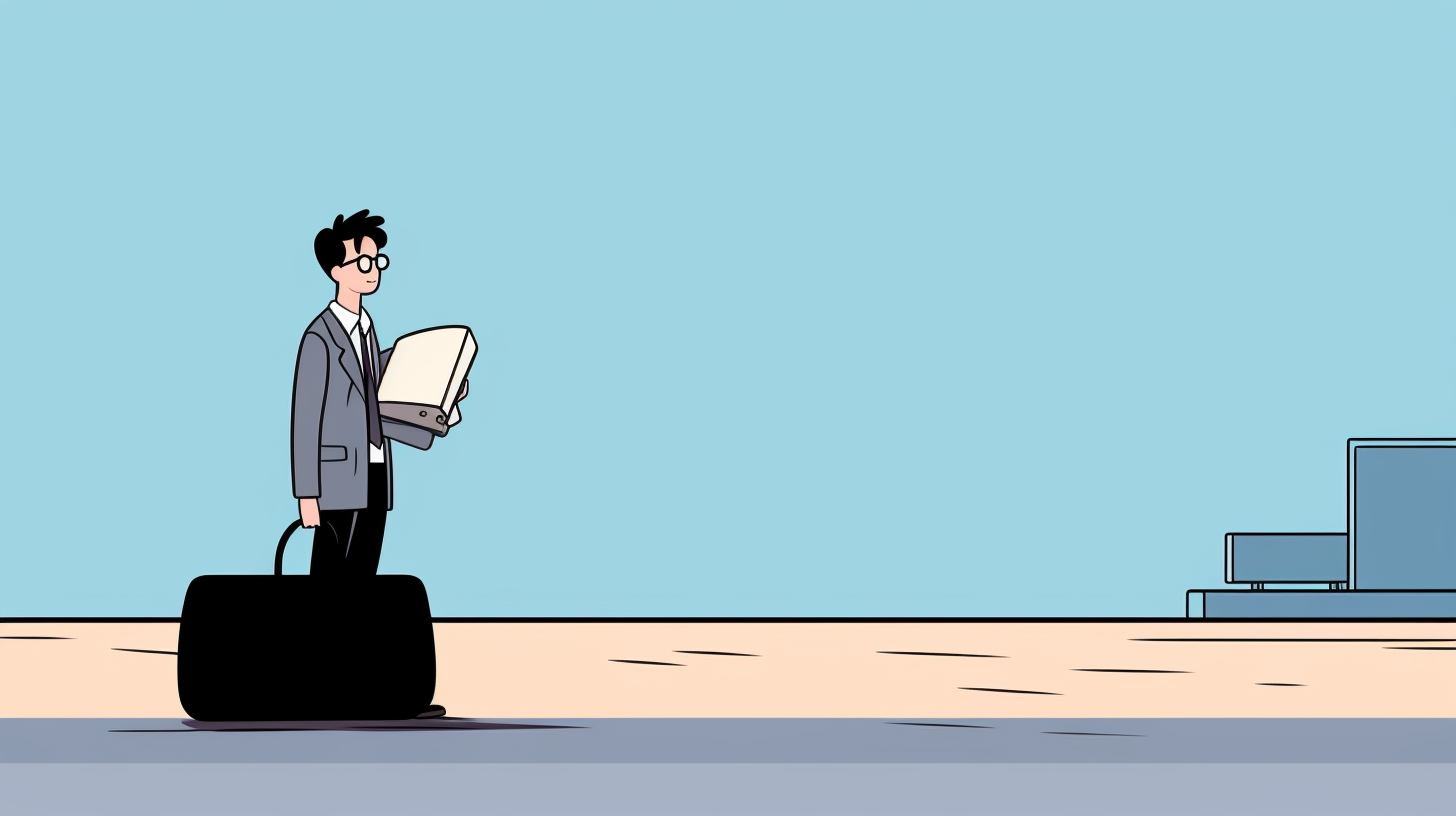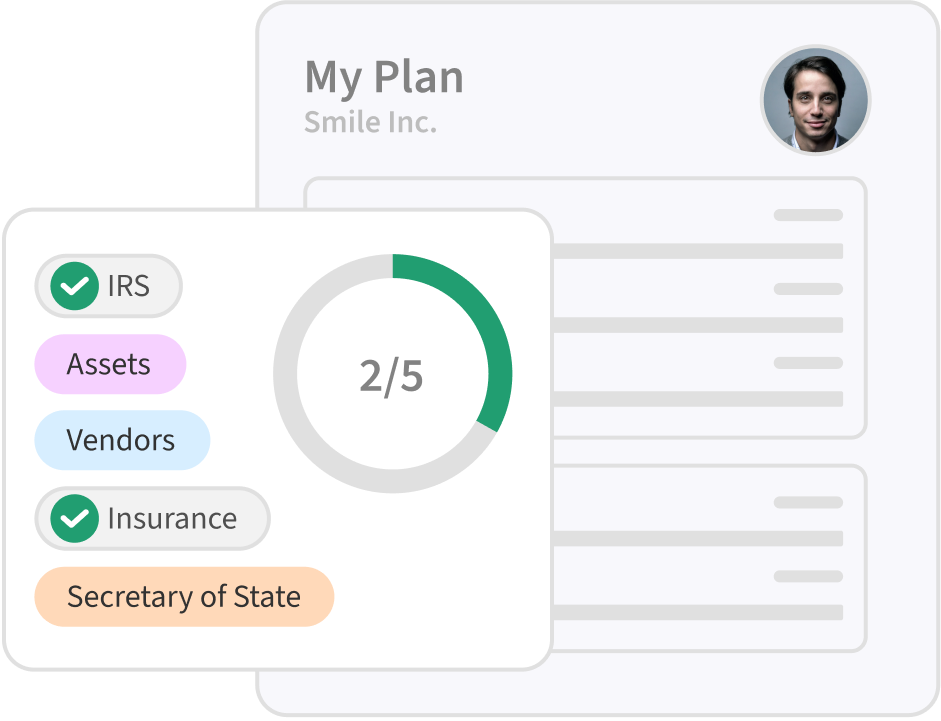If your business is no longer viable, you may believe that the best thing you can do is just close the business.
There are actually many paths forward that allow you to exit the business. Take the time to consider all of them before you make a decision about what is best for you and your company.
Sell the Business
Selling the business allows you to close the business, walk away with a cash payout, and know that the business will continue. But finding a buyer can be challenging, involve months of negotiation, and require you to remain in an advisory capacity. There are several types of sales to consider:
Sale to a private equity buyer: This type of buyer is looking for an ROI and may sell the business within a few years.
Sale to a partner: Your partner already is familiar with the business and is likely to maintain it in a robust manner moving forward.
Sale to a competitor: A competitor is uniquely placed to absorb your business and your customer list
Sale to a large technology company: Big tech is eager to buy promising startups and has the financial structure to infuse the cash needed to make it successful
Insolvency Solutions
If your business is no longer solvent, you will have to address the debt if you wish to close the business. There are several options for doing so:
Restructuring
Although your goal is to exit the business, if you restructure it to become financially solvent, this provides you with a wealth of options, including the ability to sell the company. You approach each creditor and explain that you are considering filing for bankruptcy, in which they know they will get pennies on the dollar. This provides leverage to renegotiate the debt so your company can right itself, eventually becoming profitable again.
Note that unless you resolve the issues that lead to your debt problem though, your company will likely soon end up back in the same position. Therefore, you need to rethink your strategy, your operations, your organization, and your team in order to fundamentally change the business so it can remain profitable and be appealing to a buyer. If you want to exit the business, this can be a lot of work.
Bankruptcy
A bankruptcy puts an automatic stay in place so your company’s creditors must cease all collection attempts, which can deescalate your stress. There are two primary bankruptcy options to consider:
Chapter 7 Liquidation: This is a process through which all of the company's debt is forgiven (not including personal guarantees) and your business repays nothing. The company’s assets are sold to repay debt. The business is then closed.
Chapter 11 Reorganization:This process allows your business to continue operating while paying off a percent of its debt through a plan managed by the bankruptcy court. Your company remains in business and continues after the process is over.
The first option allows you to close your business immediately and wipe out all of the company’s debt. It’s fast, fierce, and all-encompassing. The second process gives you the opportunity to get your company back on its feet so that you can sell it in the future. But again, this takes effort and time.
Assignment for the Benefit of Creditors (ABC)
An ABC requires you to transfer all your rights in the company to a third-party trust. This process usually requires retaining a Chief Restructuring Office (CRO), such as from Turnaround Management Institute, who will oversee the liquidation process. Creditors submit their claims, and the assignee liquidates assets, distributing the proceeds to the creditors. Buyers purchase assets subject to existing liens.
If you are considering closing your business, consider all of the options available to you. If you decide that none of these options work for you and you want to move forward with closing down your business completely, SimpleClosure.com provides a fast, affordable solution. Contact us today.
Get your free founder's guide to shutting down

A comprehensive breakdown of how founders can quickly and easily execute a fully compliant shutdown
FAQs
What is another word for a business closing down?
When a business closes it is often called a liquidation, when all of its assets are sold, its creditors are paid, and the business ceases to exist.
How do you tell employees the company is closing?
If you make the difficult decision to close your business, you want to give your employees notice so that they can find new work. If your business is being bought, the employees may be able to stay in their same or similar roles. It is important to tell all the employees at the same time and be transparent about the process.
How do I stop running a business?
If you want to close your business, there are several paths forward. You could file for bankruptcy, sell your business, or liquidate it. If you choose to close your business, there are detailed administrative and legal processes you must follow to completely close down the company.
When Should I Close My Business?
Deciding to close a business is a personal decision and one that you should make based on the financial position of the company, your personal life, and the economic climate. It may make sense to target a close date to meet the end of a quarter to simplify tax filings, but you can close your business at any time you want.


